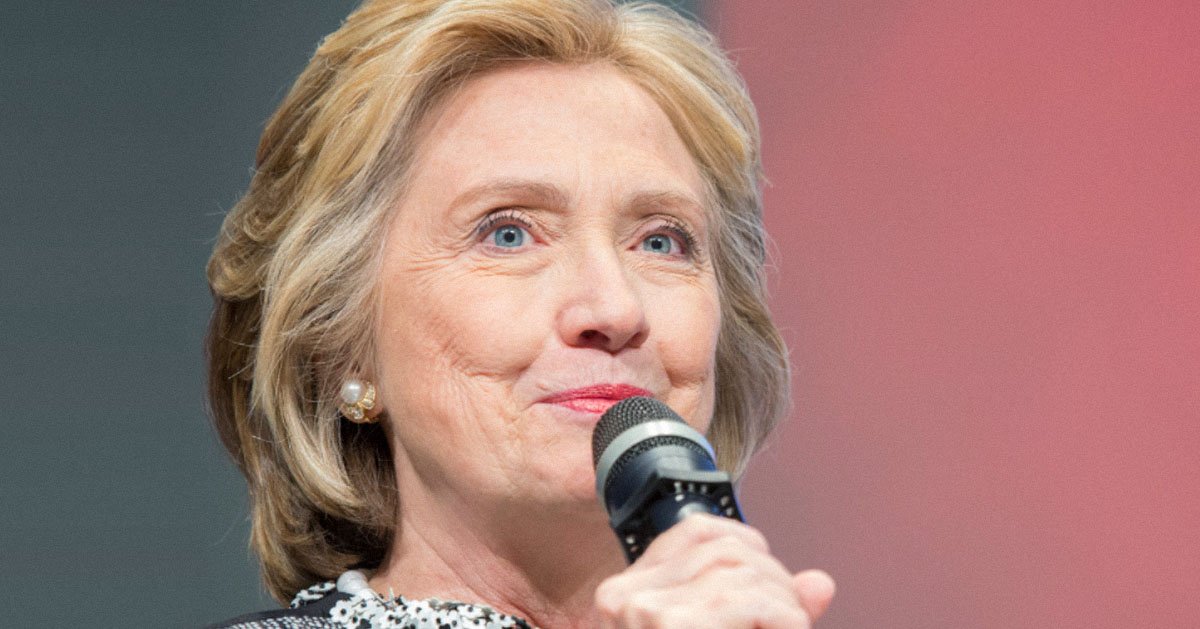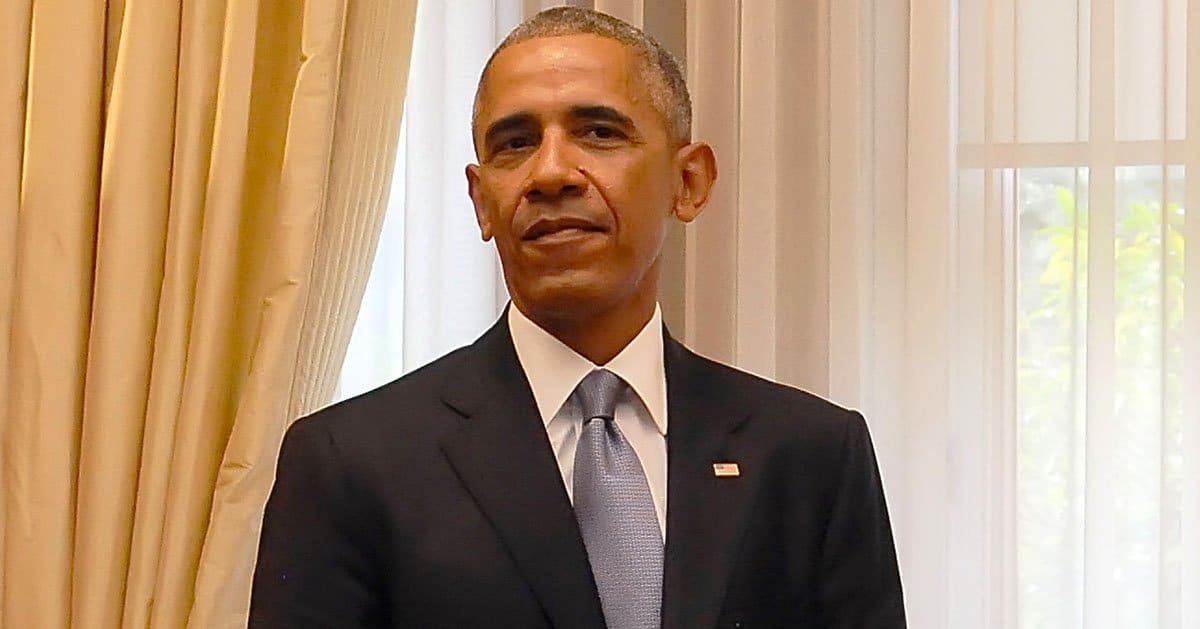

An electoral quandary in Ohio raised concerns as state officials rejected a Democratic proposal to certify President Joe Biden for the upcoming ballot.
The Columbus Dispatch reported that Ohio GOP officials have declined a request from Democrats to provisionally certify President Biden and Vice President Harris for the November ballot, citing non-compliance with state electoral deadlines.
The Democratic National Convention is set for August 19, leaving a narrow window before the state's deadline for candidate certification by August 7.
This scheduling poses significant challenges for getting Biden's name on the Ohio ballot.
Ohio's Secretary of State, Frank LaRose, had previously warned that the scheduling of the Democratic National Convention could prevent Biden from appearing on the November ballot. His concerns spotlight the clash between national political event timing and state electoral mandates.
Attorney Don McTigue, representing Ohio Democrats, argued for provisional certification, suggesting that despite Biden having secured the necessary delegates, the law's strict timeline jeopardizes his ballot placement.
However, Julie M. Pfeiffer, speaking for the Attorney General's office, emphasized that Ohio law does not recognize provisional certifications as meeting the necessary legal standards.
Ohio Senate President Matt Huffman placed the responsibility on Democrats, indicating that the solution should come from within their ranks. This statement reflects a broader sentiment that the issue is a partisan problem needing a partisan resolution.
Despite this, some states have previously accepted provisional certifications under similar circumstances, highlighting a potential discrepancy in how election laws are applied across different jurisdictions.
In 2020, Ohio itself had granted an exemption to the 90-day certification requirement due to a similar scheduling conflict, which now brings additional scrutiny to the current situation.
McTigue's plea for a provisional approach was countered by state legal advisors who maintained that adhering to the established deadline is mandatory. "Instead, the law mandates the Democratic Party to actually certify its president and vice-president candidates on or before August 7, 2024. No alternative process is permitted," stated Pfeiffer.
Huffman's remarks further underscored the political divide, asserting, "I think it's a Democratic problem. There should have to be a Democratic solution. That hasn't been proposed to me."
Amidst these exchanges, a Biden campaign official expressed confidence that provisional ballot access could be secured, reflecting ongoing efforts to navigate the legal landscape.
The situation in Ohio could set a precedent affecting how other states handle similar issues, with national implications for the electoral process. The conflict highlights the tension between state-specific laws and the national political calendar, potentially influencing future electoral and legislative considerations.
As the deadline approaches, the debate continues to unfold, with potential repercussions for voter engagement and party strategies in one of the nation's key battleground states.
Both parties are closely monitoring the outcome, as it will not only affect the 2024 Presidential election but also might prompt legislative changes to avoid similar conflicts in the future.
The rejection of the provisional certification proposal in Ohio poses significant challenges for the Democratic Party, as it seeks to navigate state laws and ensure its candidates are represented on the ballot. This issue serves as a critical test of the interplay between state election laws and national party operations, highlighting the complexities of the American electoral system.



